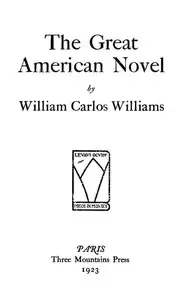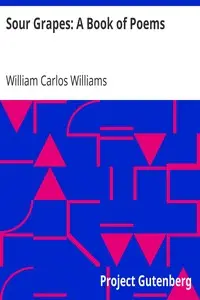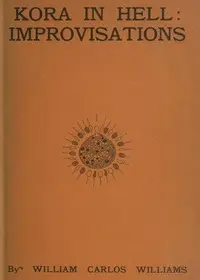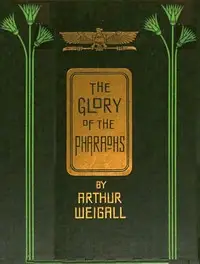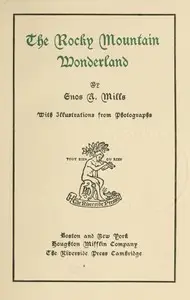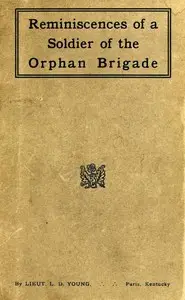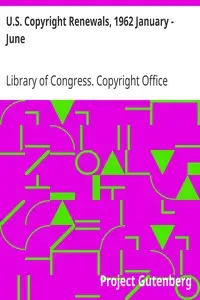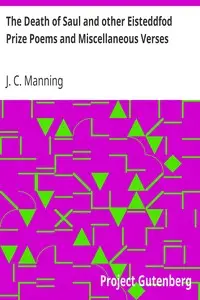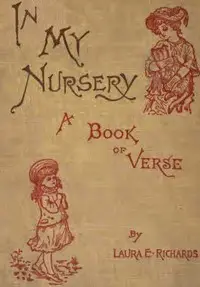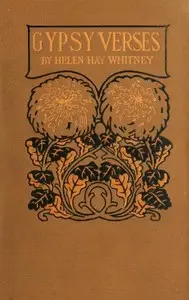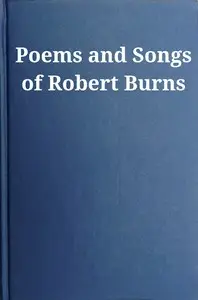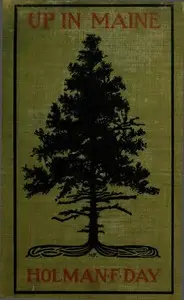"A Book of Poems, Al Que Quiere!" by William Carlos Williams is a collection of poetry written during the early 20th century. This work reflects Williams's signature style, which often captures the beauty and complexity of the everyday human experience through vivid imagery and keen observations of the world around him. The poems explore a wide range of topics, often centered on themes of love, nature, the struggles of ordinary life, and the depth of human emotion. In this collection, Williams invites readers into a rich tapestry of moments that illuminate the beauty found in simplicity and the mundane aspects of life. The poems range from reflections on personal experiences, such as love and loss, to broader social commentaries on community and existence. Nature plays a significant role, as seen through his descriptions of landscapes, plants, and animals, bridging the inner self with the external world. The collection balances between nostalgia and a sense of immediacy, with a language that is accessible yet profound, making it a resonant exploration of the human condition. (This is an automatically generated summary.)
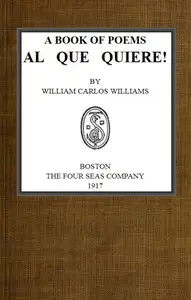
A Book of Poems, Al Que Quiere!
By William Carlos Williams
"A Book of Poems, Al Que Quiere!" by William Carlos Williams is a collection of poetry written during the early 20th century. This work reflects Willi...
William Carlos Williams was an American poet and physician of Latin American descent closely associated with modernism and imagism. His Spring and All (1923) was written in the wake of T. S. Eliot's The Waste Land (1922). In his five-volume poem Paterson (1946–1958), he took Paterson, New Jersey as "my 'case' to work up. It called for a poetry such as I did not know, it was my duty to discover or make such a context on the 'thought.'" Some of his best known poems, "This Is Just to Say" and "The Red Wheelbarrow", are reflections on the everyday. Other poems reflect the influence of the visual arts. He, in turn, influenced the visual arts; his poem "The Great Figure" inspired the painting I Saw the Figure 5 in Gold by Charles Demuth. Williams was awarded a posthumous Pulitzer Prize for Poetry for Pictures from Brueghel and Other Poems (1962).

